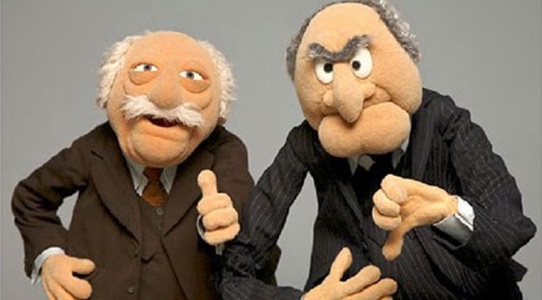The Activist Mediator
I wrote this piece for Strathclyde Mediation Clinic after a series of conversations with new and learner mediators. Some surprised me with their passivity in the face of parties’ lack of knowledge or understanding. After some probing I learned that many new mediators recognise the problem but believe the model they were taught prohibits them…




